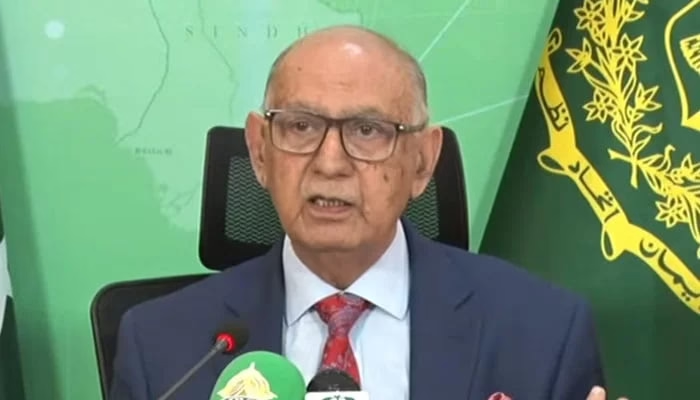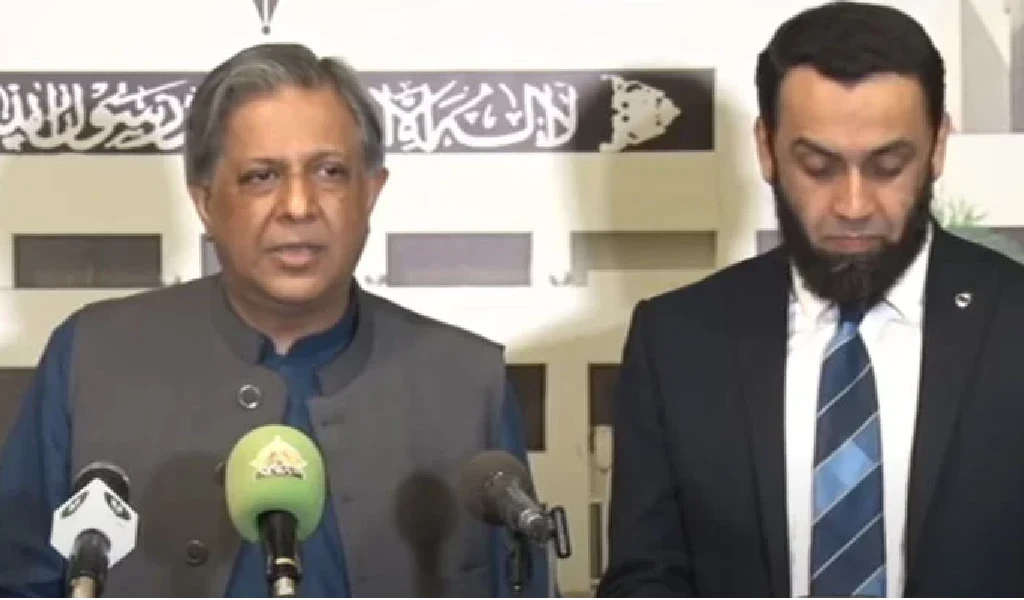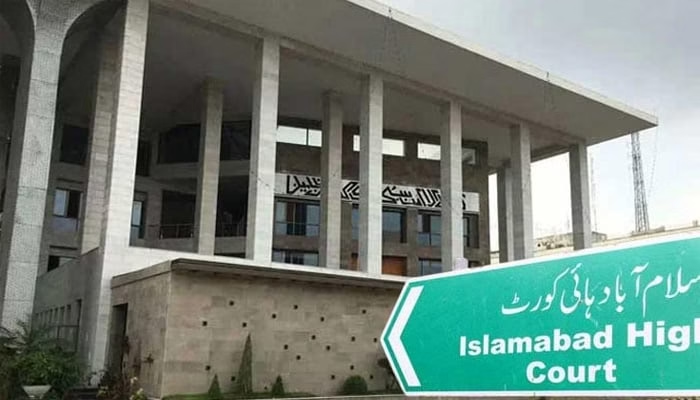In response to the letter submitted by six judges of the Islamabad High Court, the Supreme Court issued a written order outlining its stance on the matter. The judiciary, as an institution, demonstrated its commitment to transparency and impartiality by seeking input from key legal bodies, including the Pakistan Bar, the Supreme Court Bar, and the Federation.
However, Justice Athar Minullah expressed dissent with certain aspects of the decree, particularly disagreeing with the content of the first 12 paragraphs. He emphasized that the question of summoning the Prime Minister remains undecided and requires further deliberation by the Full Court.
Furthermore, Justice Athar Minullah cautioned against prematurely forming opinions on matters before the court, highlighting the consistent efforts of the High Court judges to raise concerns across relevant forums. Despite the gravity of the situation, he noted a lack of institutional response.
Additionally, Justice Yahya Afridi underscored the importance of preserving the independence of High Courts under the Constitution, advocating against the indiscriminate use of Article 184/3, which could potentially compromise judicial autonomy. He suggested addressing the issues raised in the judges’ letter within the framework of the Supreme Judicial Council’s code of conduct.
In his additional note, Justice Athar Minullah praised the High Court judges as whistleblowers, holding the administration accountable and emphasizing the burden of proof on the administration.
The written order also encapsulated arguments presented by the Attorney General, who defended the Prime Minister’s swift response as a practical measure to safeguard judicial independence. It was disclosed that former Chief Justice Tasadeq Hussain Jilani resigned from the commission after consultation with the Law Minister, and the proposed terms of reference were shared with him.
Furthermore, the Attorney General addressed concerns regarding a social media campaign against Tasadeq Hussain Jilani, underscoring the seriousness of the matter. He highlighted past instances where threats against the Chief Justice of Pakistan warranted contempt charges, reaffirming the Supreme Court’s commitment to upholding judicial integrity.



